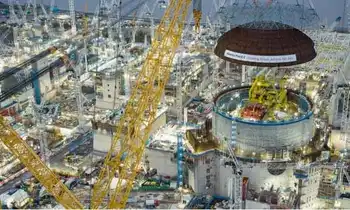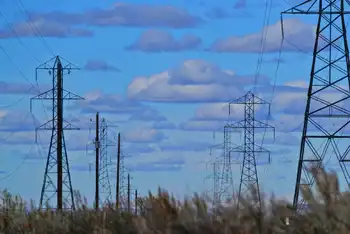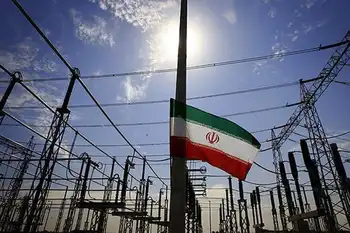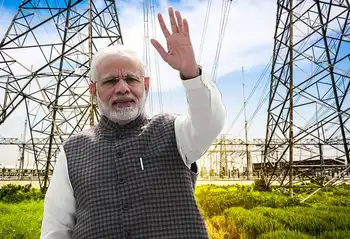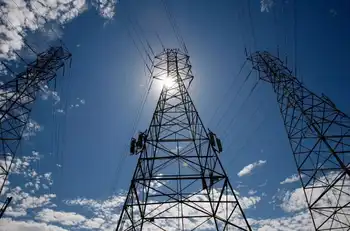Iran's uranium enrichment claims questioned
By Associated Press
High Voltage Maintenance Training Online
Our customized live online or in‑person group training can be delivered to your staff at your location.

- Live Online
- 12 hours Instructor-led
- Group Training Available
Mohamed ElBaradei said Iran's nuclear program was a concern, but he discounted Tehran's claims of a major advance in uranium enrichment, a process the United Nations demands Iran suspend or else be hit by increasing sanctions.
Iranian President Mahmoud Ahmadinejad announced that the Natanz facility had begun "industrial-scale" production of nuclear fuel. Iran's top nuclear negotiator said workers had begun injecting uranium gas into a new array of 3,000 centrifuges, many more than the 328 centrifuges known to be operating at Natanz.
Experts say that 3,000 centrifuges would be enough in theory to develop a nuclear warhead in about a year, but they doubt Iran really had that many devices successfully running.
ElBaradei, head of the UN's International Atomic Energy Agency, said "Iran is still just at the beginning stages in setting up its Natanz enrichment facility."
Iran ultimately aims to operate more than 50,000 of the devices at the site.
"The talk of building a facility with 50,000 centrifuges is just at the beginning, and it is (currently) only in the hundreds," he told reporters in the Saudi capital, Riyadh.
Diplomats in Vienna familiar with IAEA efforts also gave a much lower figure for the centrifuges. They told The Associated Press on condition of anonymity that Iran was running only about 650 centrifuges in series – the configuration that allows the machines to spin uranium gas to various levels of enrichment. And they said the machines were running empty, with none producing enriched uranium.
ElBaradei also played down suspicions that Iran is running a hidden uranium enrichment program.
"It has not been demonstrated until now that there are underground nuclear facilities in Iran working covertly, and Iran doesn't have the material that can be used to make a nuclear weapon," ElBaradei said. But he also voiced concern over Iran's nuclear program, and demanded that Iran show transparency on the issue to reassure the international community that its intent is peaceful.
IAEA inspectors are in Natanz to view the facility.
Iran's announcement twas a strong show of defiance to the United Nations, which has imposed sanctions on Iran for its refusal to suspend enrichment and has warned of more to come.
The U.S. and its allies accuse Iran of seeking to develop nuclear weapons, a charge Tehran denies. The United Nations has focused on halting enrichment because the process can produce either fuel for a nuclear reactor or the material for a warhead.
Experts have been skeptical that Iran is anywhere near running enough centrifuges. They pointed out that Iran has had difficulty keeping its smaller arrays of 328 centrifuges operating constantly. In the enrichment process, uranium gas is injected into cascades of thousands of centrifuges, which spin and purify it.
Iran complained that the IAEA was leaking information over its nuclear program. Mohammad Saeedi, deputy head of Iran's atomic energy organization, pointed to a mention in a report by the UN agency in February that Iran had transported nine tons of uranium gas to the Natanz facility.
"Enrichment is being done in various countries, but nobody is informed how much material has arrived in their enrichment facilities. This is the base of our criticism toward the agency: Why is our confidential information easily provided to the media?" Saeedi was quoted as saying in the state-run Fars newspaper.
Meanwhile, ElBaradei expressed support for a common nuclear energy program that six Arab Gulf nations are considering creating. The nuclear project is seen as an attempt by Arab nations to prevent an Iranian and Israeli monopoly on nuclear technology in the region.
Arab leaders have expressed unease with Iran's nuclear program and worry over the repercussions of a possible U.S. military action against it.
The Arab Gulf nations announced in December they have commissioned a study on setting up a joint nuclear facility. ElBaradei said the IAEA would send in experts next month to do surveys and field work for the study, which will look at the feasibility of building the facility.





